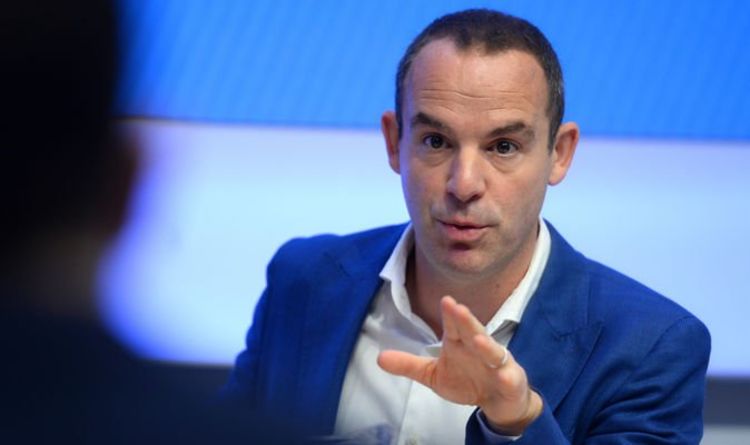
Martin Lewis is regularly asked for guidance on how scams can be identified and recently, he shared a key, yet simple, rule people should remember. The Money Saving Expert explained he is often asked “is this a scam?” and his answer is usually “yes”.
“If people are looking to make changes to their pension arrangements, they have to be cautious and do it the safe way.
“If they are unsure, thorough research and seeking advice from an impartial source, such as a regulated financial adviser, are both incredibly important.
“Only then, once people have all the information for their specific needs and circumstances, should a decision be made.”
With these issues in mind, Ms Montgomery shared a number of tips on how people can spot and avoid pension fraud.
Ms Montgomery concluded by examining other key areas retirees will need to keep an eye on:
Persuasive and time-sensitive sales tactics
“Beware of high-pressure sales tactics and time-limited offers, asking you to act quickly (even sending couriers to get your signature). A genuine offer will allow time to seek impartial information or advice.”
Unusual investment opportunities
“These may involve several parties and complex structures. Investments are often overseas, unregulated and illiquid. These are high in risk to your pension benefits.
Offering early access to your pension
“You could pay a very high price for this, including a massive tax bill and fees, and be left with very little in your pension pot. Also known as pension liberation fraud.
Impersonation of firms and ‘government’ schemes
“Fraudsters may claim to be authorised by the Financial Conduct Authority (FCA) or say that they don’t have to be, as they’re advising you directly.
“They may impersonate firms or government schemes to try and convince you to transfer your pension.
“Remember, Government schemes will never directly approach you about your pension. Check who you’re dealing with and that they’re authorised and have appropriate permissions if they are providing you with pension-related advice.”

